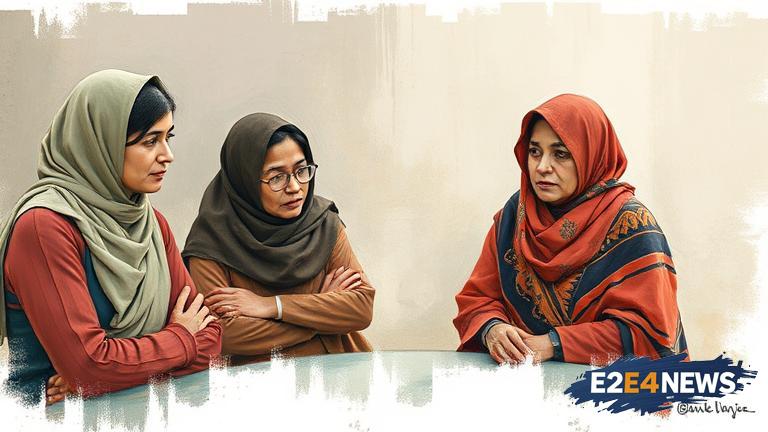Women mediators have emerged as a vital force in conflict-affected regions, leveraging their unique perspectives and skills to bridge divides and foster peace. In many parts of the world, women have been at the forefront of mediation efforts, working tirelessly to bring together disparate groups and facilitate dialogue. Their efforts have been instrumental in promoting stability and reconciliation in regions ravaged by conflict. By engaging with local communities and listening to their concerns, women mediators have been able to build trust and credibility, essential components of successful mediation. In addition to their technical skills, women mediators bring a distinct approach to conflict resolution, one that emphasizes empathy, active listening, and collaboration. This approach has been shown to be particularly effective in addressing the complex, deeply entrenched conflicts that often characterize conflict-affected regions. Women mediators have also been instrumental in promoting the inclusion of marginalized groups, including women and girls, in peace processes. By amplifying the voices of these groups, women mediators have helped to ensure that their concerns and needs are taken into account in peace negotiations. Furthermore, women mediators have played a key role in addressing the specific challenges faced by women in conflict-affected regions, including gender-based violence and limited access to education and economic opportunities. Through their work, women mediators have helped to promote a more nuanced understanding of conflict and its impact on local communities. They have also highlighted the importance of addressing the root causes of conflict, including poverty, inequality, and social injustice. In many cases, women mediators have worked in partnership with local organizations and community groups to develop context-specific solutions to conflict. These solutions have been tailored to the unique needs and circumstances of each region, taking into account the complex cultural, social, and economic dynamics at play. The impact of women mediators has been significant, with many reporting a decrease in violence and an increase in community cohesion. Women mediators have also helped to promote economic development and social progress, by supporting the establishment of small businesses and community-based initiatives. Moreover, women mediators have played a crucial role in promoting the rule of law and respect for human rights, essential components of a just and peaceful society. Despite the many challenges they face, women mediators remain committed to their work, driven by a deep sense of purpose and a desire to make a positive difference in the lives of others. Their dedication and perseverance have inspired countless others to follow in their footsteps, and their legacy will continue to shape the field of conflict resolution for generations to come. The importance of women mediators cannot be overstated, and their contributions to peace and stability in conflict-affected regions must be recognized and supported. By empowering women mediators and providing them with the resources and training they need, we can help to create a more just and peaceful world, where the rights and dignity of all individuals are respected and protected. In conclusion, women mediators are a vital force for peace and stability in conflict-affected regions, and their work must be supported and recognized. Through their efforts, we can help to build a more just and equitable world, where the needs and concerns of all individuals are taken into account.





